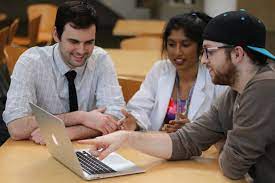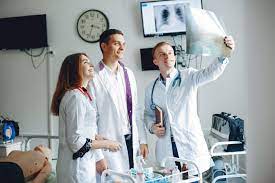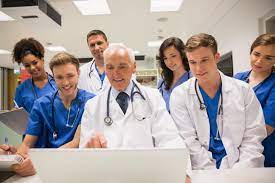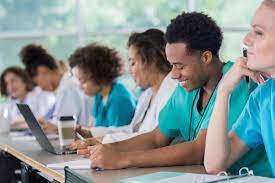Hello!
 The field of science is recognized and known for continual discovery and invention. These are the key aspects that make Science one of the most interesting subjects to learn. It allows students to be curious and question what they observe, which ultimately leads to discovery.
The field of science is recognized and known for continual discovery and invention. These are the key aspects that make Science one of the most interesting subjects to learn. It allows students to be curious and question what they observe, which ultimately leads to discovery.
Without scientific discoveries, human life would be so different today. Without any innovation, all aspects of our lives would be very different. The desire to improve and being curious are the most vital characteristics of science students.
What Are The Basic Science Skills You Should Learn?
Learning these basic science skills is crucial for every student of science to become the best in the field.
Observation Skills:
 One of the most important skills in the basic sciences is the ability to observe. Being observant makes a scientist curious because answers do not come without asking questions. It is by observation our senses start collecting information about our everyday lives and different phenomena. By exerting curiosity, the scientist collects qualitative data, uses tools for measurement to gather quantitative data. Both these qualities are vital for drawing newer conclusions from the shreds of evidence.
One of the most important skills in the basic sciences is the ability to observe. Being observant makes a scientist curious because answers do not come without asking questions. It is by observation our senses start collecting information about our everyday lives and different phenomena. By exerting curiosity, the scientist collects qualitative data, uses tools for measurement to gather quantitative data. Both these qualities are vital for drawing newer conclusions from the shreds of evidence.
Inference Skills:
All scientific studies are based on facts which makes inferring a very important skill. With inference, you can come to a decision or conclusion from the evidence that you have collected and reasoned. Inference makes any deduction authentic, thus making it different from simple explicit statements. If you observe something as a science student and make a guess, collect some pieces of evidence to support your guess. Your next step is to prove it right or wrong. Interpreting is also related to inferring when a student concludes after analyzing the information. Interpretation is usually a point of view, and two students may differ on the interpretations from a similar experiment.
Learn Classification:
 The skill to classify based on observation is very helpful. Students learn to separate and sort out objects based on their properties.
The skill to classify based on observation is very helpful. Students learn to separate and sort out objects based on their properties.
Understanding Variables:
The skill to control and understand variables help students to learn the many factors which affect the outcome of experiments. You can understand more about variables by changing one variable factor after experimenting to find out how the results can differ.
Quantifying or Measuring:
Measuring is a very advantageous skill for learning science. Many scientific situations will require measuring. In chemistry, a scientist has to deal with all sorts of materials and chemicals and learn measuring to make the desired concoction. This trial and error are key to discovery.
In science, standard and non-standard measurements are used together for estimating and describing an object or event. Students can learn to use measuring tools like rulers or a tape for measuring solid objects, while they can use a measuring cup or a beaker to measure liquid.
Measuring is crucial to provide insight and further data to your previous observations. All of this is going to help you to make better inferences.
Also read:
- Scientists Find There's Usually a Telltale Sign the Day Before a Cardiac Arrest
- Airports forced to make drastic change to X-ray machines after horror over what they're able to actually see
- There’s a Problem WIth AI Programming Assistants: They’re Inserting Far More Errors Into Code
Forming Conclusions:
 The skill to reach a formal conclusion is directly correlated to interpretation. It is a skill because you cannot be hasty as a science student but learn how to do careful reasoning. When concluding, you will have to look at the predictions you met and compare them with the actual results.
The skill to reach a formal conclusion is directly correlated to interpretation. It is a skill because you cannot be hasty as a science student but learn how to do careful reasoning. When concluding, you will have to look at the predictions you met and compare them with the actual results.
While all these skills cannot be taught at once, a good science curriculum should incorporate most of the skills to prepare students to become excellent medical students.
Thank you!
Join us on social media!
See you!






